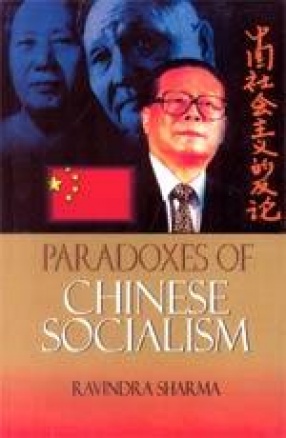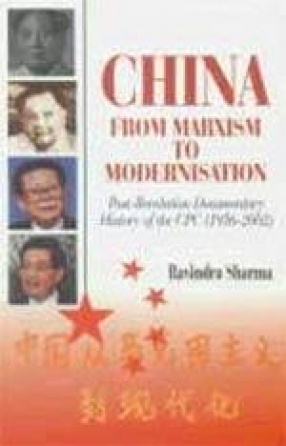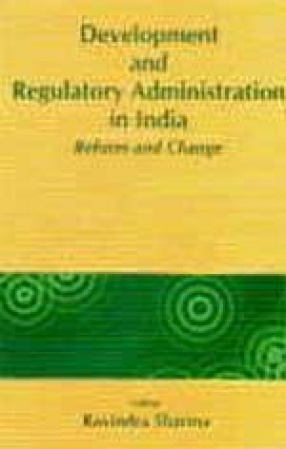Paradoxes of Chinese Socialism
Synopsis
Deng inherited ills of Mao's era. However, the remedies Deng suggested took China to a different direction. Deng and his associates fell into the trap of "China's Americanization". Deng's remedies created "classes" in socialist China. Surprisingly, Deng tried to enrich socialism by using capitalist techniques. Deng allowed privatilization to blossom; Deng followed an inequalitarian development strategy; and as a result, a ruling elite emerged in China. True, land still belongs to the state. However. in the classical sense, China cannot be called a "socialist state". Yes, Deng is very popular in China; more popular than Mao. Yet, one dares to profess that Deng made a historical blunder by introducing privatization. Privatization is an antithesis of socialism. Privatization and socialism cannot go together. Privatization, foreign capital, corruption, and the revival of Confucianism have already started eating into the vitals of Chinese socialism. Economically, with nine percent growth and $1 trillion foreign reserves, China looks very impressive. However, ideologically China is decaying rapidly. While the wealthy China is facing a "crisis of Faith", the poor China is sitting at the top of a volcano. Chinese rulers are in a hurry to catch up with the west; they are determined to create an urban civilization at the cost 9,60,000 villages. The "peasant unrest" is posing a serious threat to the stability of China. The CPC is aware of the problems but in vain. China's nouveau riche and the middle class are quite happy with the outcome of Deng's developmental strategy. A revolutionary party has become a mere ruling party. Private property is no longer a bourgeois ill in china.
Read more
50.40
45.36
$
56.00 $
Free delivery Wolrdwidе in 10-18 days
Ships in 1-2 days from New Delhi
Membership for 1 Year $35.00
Get it now and save 10%
Get it now and save 10%
BECOME A MEMBER











Bibliographic information